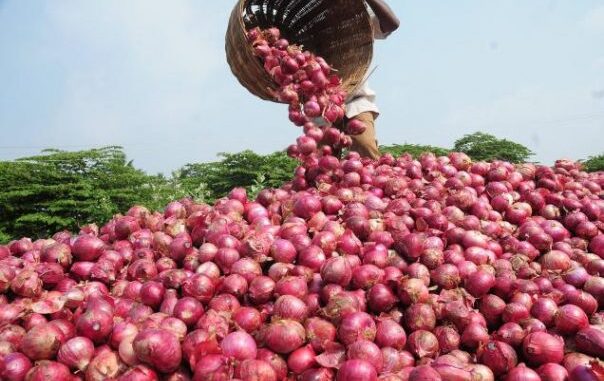
Nigeria ranks as the third-largest onion producer in Africa, yielding approximately two million metric tonnes annually. Despite this substantial output, the industry faces significant challenges, notably post-harvest losses estimated at over N300 billion each year. These losses are primarily due to inadequate modern storage facilities and processing plants, leading to wastage of about 40% of the harvested onions. Business AM Live
The absence of proper storage infrastructure compels farmers to sell their produce immediately after harvest at low prices, as onions are highly perishable. This situation is exacerbated by the lack of processing facilities, which limits the potential for value addition through products like onion flakes and powder. Consequently, Nigeria imports onion flakes despite its domestic production capacity.
Addressing these challenges presents an opportunity to enhance profitability within Nigeria’s onion industry. Investing in modern storage solutions and processing plants can significantly reduce post-harvest losses, stabilize market prices, and open avenues for value-added products. Such developments would not only increase farmers’ incomes but also strengthen Nigeria’s position in the global onion market. Food Business Africa
Recent initiatives, such as the commissioning of an onion and garlic processing plant in Sokoto State, mark steps toward mitigating these issues. This facility aims to reduce post-harvest losses and promote value addition in the onion supply chain.
In summary, while Nigeria’s onion industry faces notable challenges, strategic investments in storage and processing infrastructure can unlock significant economic benefits, ensuring that there’s profit in every peel.
